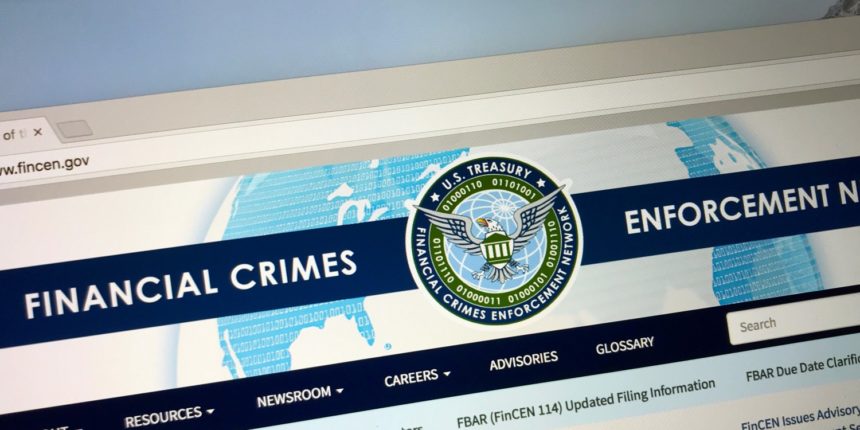
The Financial Crimes Enforcement Network (FinCEN) has published a guide for the first time since 2013, which outlined the principles of compliance related to virtual currencies with the Banking Secrecy Law and legal norms in the field of remittances.
So, the document is divided into six sections. The first one outlines the key concepts, the second describes the current regulation of remittances, the third repeats the FinCEN guidelines for cryptocurrencies from 2013, and the following describes how virtual currencies and the associated business fall under current AML legislation.
It is worth noting that the leadership summarizes the existing regulatory framework and does not suggest any changes in the legal framework.
It is noteworthy that decentralized applications (dApps) can be classified as a money transfer service, despite the fact that they operate without a centralized operator. In this case, developers and even users of such an application may be subject to the regulation of FinCEN.
Nevertheless, non-custodial wallets for digital assets cannot be considered money transfer operators, but wallets like Coinbase, which store users' private keys, may be subject to regulation in this area.
Decentralized exchanges (DEXs) are withdrawn from the action of AML legislation only if their only function is to reduce the buyer and seller.
At the same time, FinCEN believes that cryptocurrency processors are required to register as remittance operators and comply with the relevant laws, although traditionally payment processors were excluded from strict rules.
Previously, for the first time, FinCEN fined a trader who was engaged in buying / selling bitcoins for his clients, carrying out a so-called peering exchange. According to authorities, he had to comply with the Law on Bank Secrets and officially registered as a money transfer operator.
Recall that in April, the US Securities and Exchange Commission (SEC) presented a new guide for issuers of cryptocurrency tokens, which can be considered unofficial instructions for determining whether the issued assets fall into the category of securities.
The document also became a compilation of existing federal legal norms and did not propose any regulatory innovations.
Subscribe to the BlockchainJournal news in Telegram: BlockchainJournal Live – the entire news feed, BlockchainJournal – the most important news and polls.
BlockchainJournal.news
BlockchainJournal.news

